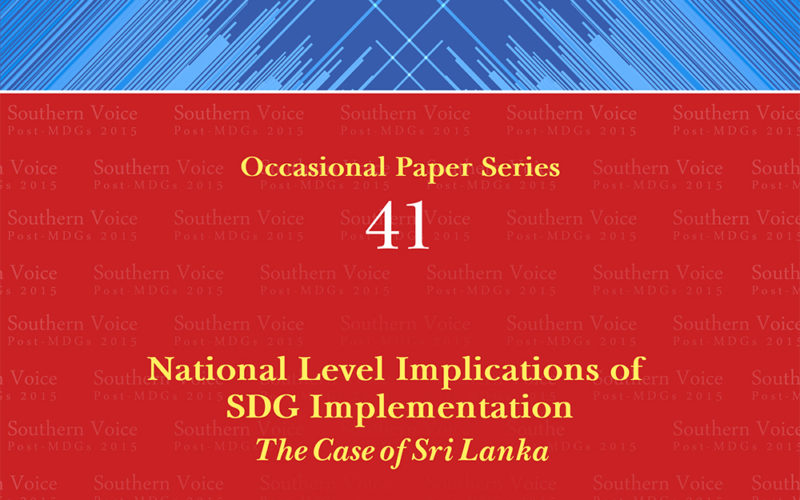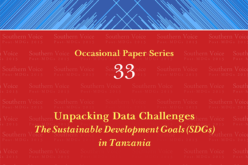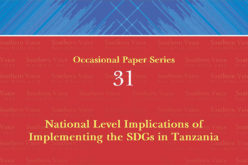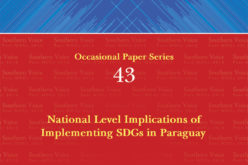 Sri Lanka is one of the signatories of the UN mandate on Agenda 2030 for Sustainable Development. The Sustainable Development Goals (SDGs) comprise 17 goals and 169 targets, ranging from poverty, inequality, health, education and environment. This paper examines the implications of SDG implementation in Sri Lanka, in particular how the SDGs are embedded in the national context, and issues related to coordination, monitoring, partnerships and stakeholder participation. It reveals that most of the SDGs and their targets are relevant to Sri Lanka, and are in line with the priority areas. The study stresses the need of a designated national-level body to coordinate activities carried out by different stakeholders and to drive implementation and monitoring of the SDGs in Sri Lanka. Participation of a range of stakeholders, including the government, international organisations, private sector and civil society organisations, academia and general public, is crucial for the successful implementation of SDGs. Inadequacy of awareness of the SDGs among many stakeholders and the general public is a key constraint to the effective implementation of the SDGs. Partnership and stakeholder participation can play an important role in raising awareness and monitoring of SDGs, sharing knowledge/expertise, as well as in mobilising financial and technical resources. Monitoring the progress of SDGs will also require strengthening the capacity of the national statistics office and other relevant agencies involved in the data compilation.
Sri Lanka is one of the signatories of the UN mandate on Agenda 2030 for Sustainable Development. The Sustainable Development Goals (SDGs) comprise 17 goals and 169 targets, ranging from poverty, inequality, health, education and environment. This paper examines the implications of SDG implementation in Sri Lanka, in particular how the SDGs are embedded in the national context, and issues related to coordination, monitoring, partnerships and stakeholder participation. It reveals that most of the SDGs and their targets are relevant to Sri Lanka, and are in line with the priority areas. The study stresses the need of a designated national-level body to coordinate activities carried out by different stakeholders and to drive implementation and monitoring of the SDGs in Sri Lanka. Participation of a range of stakeholders, including the government, international organisations, private sector and civil society organisations, academia and general public, is crucial for the successful implementation of SDGs. Inadequacy of awareness of the SDGs among many stakeholders and the general public is a key constraint to the effective implementation of the SDGs. Partnership and stakeholder participation can play an important role in raising awareness and monitoring of SDGs, sharing knowledge/expertise, as well as in mobilising financial and technical resources. Monitoring the progress of SDGs will also require strengthening the capacity of the national statistics office and other relevant agencies involved in the data compilation.
Author: Ganga Tilakaratna, Wimal Nanayakkara, Sunimalee Madurawala, Suwendrani Jayaratne and Kanchana Wickramasinghe
Download
3,419 total views, 2 views today











